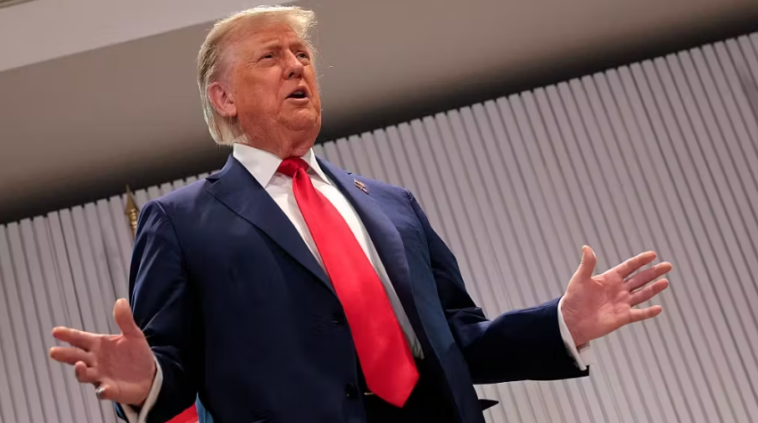President Donald Trump announced that Iran has signaled interest in negotiating a ceasefire following a wave of devastating Israeli airstrikes that crippled key infrastructure in Tehran. Speaking from the G7 summit, Trump said Tehran is “looking to talk,” but warned that any negotiations would only move forward under U.S. terms.
“They want to talk—but they should’ve done that a long time ago,” Trump said. “Now they’re desperate. But I’m open to it—if they’re serious.”
Trump emphasized that the damage inflicted by Israel over the past several days has fundamentally shifted the balance of power. Military analysts report over 100 strategic targets inside Iran—including missile factories, command centers, and suspected nuclear facilities—have been hit with precision munitions.
The president made clear that while he’s willing to facilitate a ceasefire, he’s not rushing to de-escalate without clear concessions. “I’m not endorsing any ceasefire unless Iran comes to the table in good faith. They’re not winning this war, and they know it.”
Iran’s outreach reportedly came through backchannels in Europe after sustained Israeli bombardments disrupted Tehran’s air defense systems and communications. The attacks followed a series of Iranian missile launches into Israel, some of which broke through Iron Dome defenses, causing civilian casualties.
At least 24 civilians in Israel and over 200 in Iran have been killed since the conflict began. The rising toll has led to growing international pressure for de-escalation—but Trump says the priority remains American leadership, not multilateral paralysis.
“This only ends when Iran backs down, not before,” Trump said. “And if they don’t, they’ll face the consequences.”
With the world watching, Trump has positioned the United States not just as an ally to Israel, but as the decisive broker of power in the Middle East—demanding peace on America’s terms.

